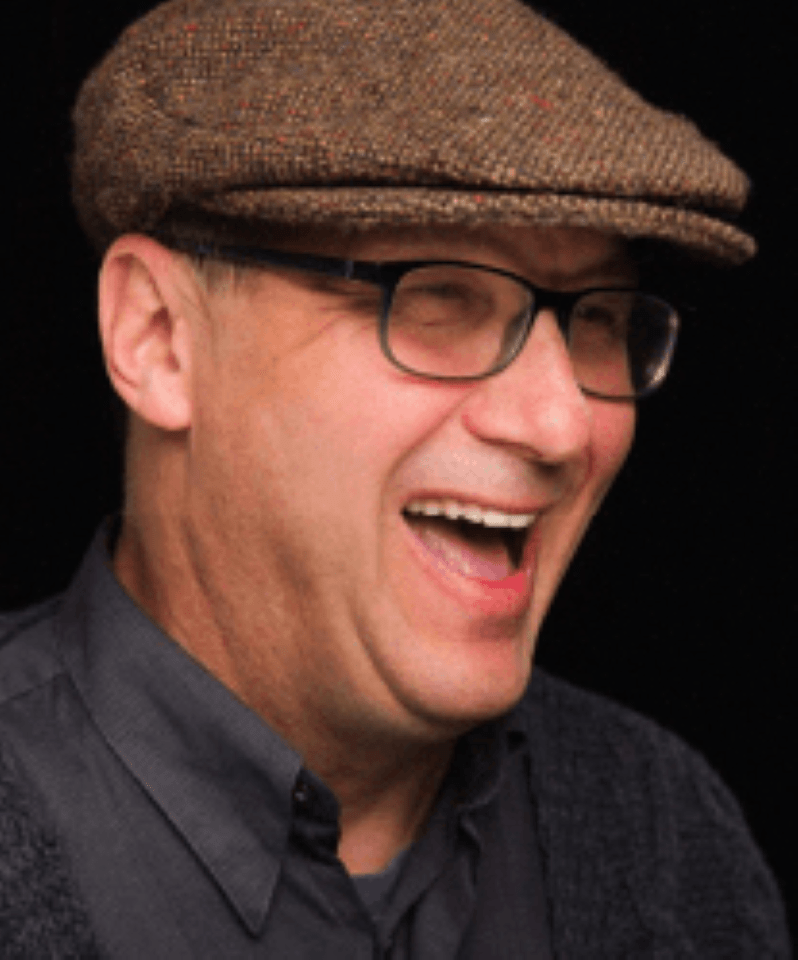
Hypertext Magazine asked Donald G. Evans, editor of Wherever I’m At: An Anthology of Chicago Poetry, “So, what do you know about poetry?”
By Donald G. Evans
Not that much more than the average person. Well, maybe a bit more, but I’m often baffled and need to puzzle over verse until I find my way inside. Like most readers, I grew up on prose. Mine was a Chicago Sun-Times household—other than the daily paper, there were only a few books on the shelf. A few Louis L’Amour westerns. A Sam Spade book or two. The Happy Hooker and Couples, for reasons I’d rather not investigate further. In school, when we read any poetry at all, it was Shakespeare, Milton and other completely inaccessible big hitters. Once, after reciting “The Darkling Thrush,” my high school English teacher asked if there were any questions; l leaned over to my buddy and whispered, “Yes, my question is, Huh?”
In my mid—to-late twenties, I was a student at Syracuse University’s MFA fiction writing program. A poetry class with Brooks Haxton was a degree requirement. Listening to others in the class read and talk about poetry made me feel out of my element. Everybody around me seemed smart and wise, even the younger students. I didn’t seem like they did to grasp scholarship and the general ins and outs of academia. The way my classmates read the poetry…it sounded SO profound. But fuck if I knew what any of it meant. When I looked around, it seemed obvious that everybody else got it and what I needed to do was bluff. “Wow, there’s so much there,” I might say. Or, “I love the way she manipulates the language.” Maybe, “Very musical.” Finally, though, after we were assigned to write a “found” poem, I admitted to Brooks—one of the most erudite and sophisticated readers I’ve ever met—that I was confounded. “I don’t even know what the fuck a poem is,” I told Brooks.
He said, “A poem is anything you call a poem.”
That broke the seal. I literally found a mental health survey that had been left behind by an undergraduate psych student. It was a kind of checklist. I have trouble sleeping at night, yes or no. Routine functions cause me anxiety, yes or no. I often feel overwhelmed, yes or no. I read that as my “poem.” It ended with the lines, “I have trouble dealing with difficult situations./I am often sad./I have considered suicide./I have attempted suicide.” I read it in a sing-song, satirical voice and was applauded for my work.
Now, here I am, the co-editor of a nearly-definitive anthology of contemporary Chicago poetry. The circumstances by which I arrived here are less important than the fact that I am, in fact here. It took some effort and maturation on my part, but over the years and decades I came to enjoy poetry. At first, it was just the satisfaction of comprehension. But with comprehension came revelation. I saw glimpses of the world that I’d never witnessed on my own, perhaps never would. I interacted with these authors in ways more intimate than what I’d experienced in other literary forms. I came to realize that poetry, like all other literary genres, came in all shapes and sizes, including shapes and sizes that perfectly suited my tastes.
The poems in my new book, Wherever I’m At: An Anthology of Chicago Poetry, excite me. They inspire me. They sometimes make me laugh. They give me new perspective and insight on a city that I’ve known since birth.
I’ve written a lot over my life, but other than a few oddball assignments like the one at SU, never poetry. Perhaps for that reason my relationship to poetry is pure. I am not in competition with these poets. I do not find myself deconstructing their every authorial choice. I do not immediately compare the poem at hand to other poems I know. I just listen. Sometimes, I don’t hear it right away, or don’t hear it all, or don’t hear it correctly. When that happens, I read it again, sometimes aloud. Eventually, I start to experience the whole symphony. Poetry satisfies and compels me in a different way than novels or short stories or memoirs or essays. I’m often surprised at the tremendous emotional range in a well-crafted poem, or at the way tiny moments explode off the page.
Finishing any book is a proud moment, but the pride I feel here is much different than I’ve felt in the past. I feel tremendous admiration for the talent represented in these pages, and for all the years of concentrated effort and study it took for that talent to translate to great literature. I mean, if it took me until I was almost 30 before I became a competent reader of poetry, what must it have taken these artists to become master writers of poetry? I am proud that my city, even as its flaws become more apparent and sinister, possesses the qualities that allow, even enable, a community like this. A community dedicated to art and capable of using that art to explore and record what life is and what it can be. A community that cares for its city and its people. A community that stays connected, partly through art, even after it splinters off into other places and realms. A community of which I am part and which makes me want to do my part.
Related Feature: Excerpt: Donald G. Evan’s WHEREVER I’M AT: AN ANTHOLOGY OF CHICAGO POETRY
Donald G. Evans is the author of a novel and short story collection, and editor of two anthologies, including Wherever I’m At: An Anthology of Chicago Poetry. The new Chicago poetry anthology (release date: June 13th, 2022) features more than 150 artists, all with strong connections to and work centering on the city. He is the Founding Executive Director of the Chicago Literacy Hall of Fame.
https://chicagoliteraryhof.org/poetry_anthology

